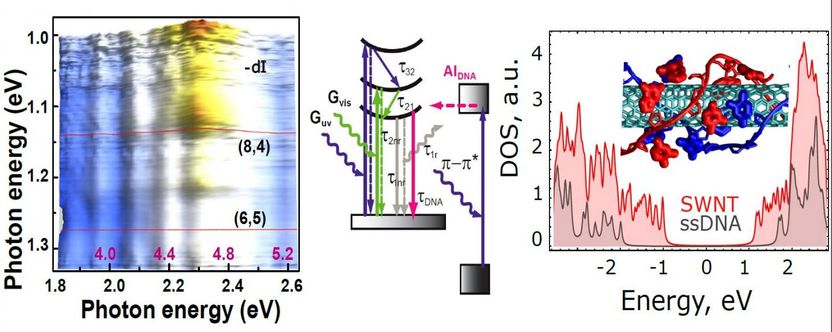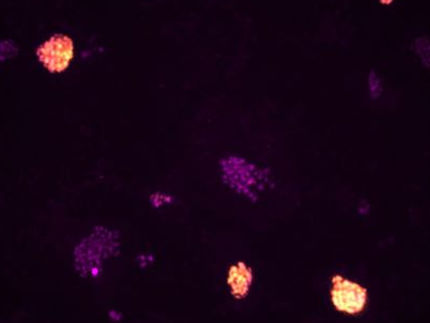Horizon Discovery Joins 4D Cell Fate Consortium
Contributes rAAV-mediated genome editing technology to EU FP7 funded project aimed at understanding hES cell differentiation control
Horizon Discovery announced it has joined the EU-FP7 funded ‘4D Cell Fate’ consortium, whose aim is to shed light on how stem cell re-programming and differentiation is regulated at the epigenetic level. As a member of the consortium, Horizon will generate cell lines harboring endogenous pathway reporter genes and labeled versions of specific epigenetic target proteins to study their function. Commercialization of the output of the program will be governed by a consortium agreement defined by EU regulation.
4D Cell Fate brings together 12 groups from nine countries, including academics, research-intensive SMEs, and Pharma, each an international leader in its field, combining expertise in a wide range of cutting-edge technologies and scientific approaches. The aim of the 4D Cell Fate project, which is currently funded for five years, is to establish an integrated approach to explore the structure and function of the large multi-protein epigenetic complexes that are involved in control of stem cell self-renewal, lineage commitment, and differentiation. Horizon will use its proprietary virally-mediated gene-engineering technology, GENESIS™, to alter endogenous genes in hES cells (e.g. via tagging with GFP and HaloTag® technologies) with unprecedented accuracy and precision.
By gaining a greater insight into how Polycomb Repressive Complexes (PRCs), and Nucleosome Remodeling and Deacetylation complexes (NuRD) control stem cell differentiation, it is hoped that better methods will be identified to generate ethical sources of ‘iPS’ cells and direct the fate of stem cells into the many forms of specific tissue types that are needed for disease therapy.
Most read news
Organizations
Other news from the department business & finance

Get the life science industry in your inbox
By submitting this form you agree that LUMITOS AG will send you the newsletter(s) selected above by email. Your data will not be passed on to third parties. Your data will be stored and processed in accordance with our data protection regulations. LUMITOS may contact you by email for the purpose of advertising or market and opinion surveys. You can revoke your consent at any time without giving reasons to LUMITOS AG, Ernst-Augustin-Str. 2, 12489 Berlin, Germany or by e-mail at revoke@lumitos.com with effect for the future. In addition, each email contains a link to unsubscribe from the corresponding newsletter.
More news from our other portals
Last viewed contents
Charles River Laboratories Buys Inveresk - Create a Leading Global Partner to the Pharmaceutical and Biotechnology Industry

Looking for Start-up (ideas) in chemical engineering, chemistry and biotechnology - ACHEMA Start-Up Award
Innovative Roche cancer medicine Avastin approved in EU - First Treatment of its Kind With Proven Survival Benefit for Patients With Advanced Colorectal Cancer

Researchers develop nanoscale probes for ssDNA sustainability under UV radiation
Zebrafish may offer researchers powerful new tool for studying innate immunity
Horizon Discovery appoints new CEO
ImmunoGen, Inc. Receives Patent on Production of DM1
Breast cancer: finding the smoking gun - A new method developed at Vanderbilt may help “inventory” all tumor-promoting genes.
Category:Orphan_drugs























































